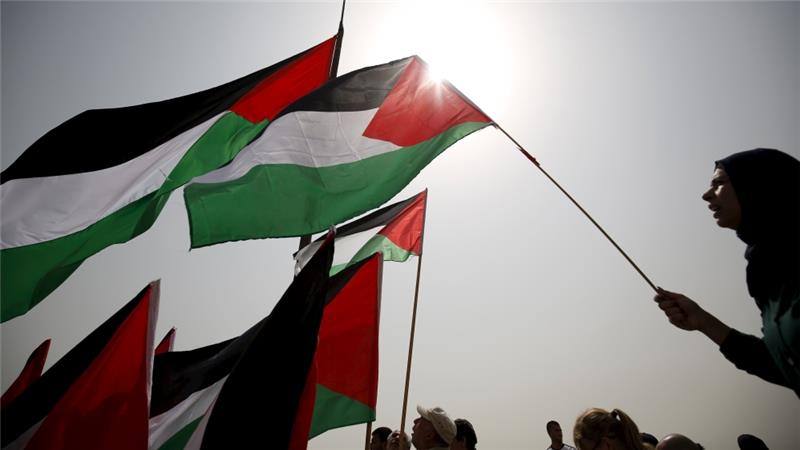The condition of Palestinian human rights is one that has been of considerable concern to international observers and policymakers. The protection and safeguarding of the fundamental rights of Palestinians is a matter that not only falls under the realm of international law but also pertains to the basic values of universal human rights and commonly understood codes of ethical practice. Furthermore, the question of Palestinian human rights is fundamentally related to the troubled politics of the region.
In seeking to reconcile the ongoing Israeli–Palestinian dispute and bring about greater stability and security to that locality, it has long been recognised that improving the condition of the Palestinian population represents an integral part of the effort to achieve peaceful coexistence. In addition to general concerns about living standards and basic welfare issues, it is widely understood that ongoing oppression and a fundamental lack of freedom and key rights for Palestinians is creating conditions that will ultimately be far less conducive to resolving the conflict.
In considering the critical issues that are preventing progress in moving towards reconciliation between Israelis and Palestinians, there has often been a failure to fully account for the detrimental role played by the Palestinian Authority (PA) in abusing human rights and civil liberties. The oppressive policies of the PA have undoubtedly contributed to the alienation of large parts of the Palestinian public, and pushed some further towards extremist groups such as Hamas. These abuses by the PA have hardened attitudes against the process of negotiations with Israel, an undertaking with which President Abbas’s government is deeply associated. As the PA becomes increasingly tarnished in the eyes of the Palestinian public, so too will the peace process with which the PA has been engaging come to be seen in an ever worse light.









